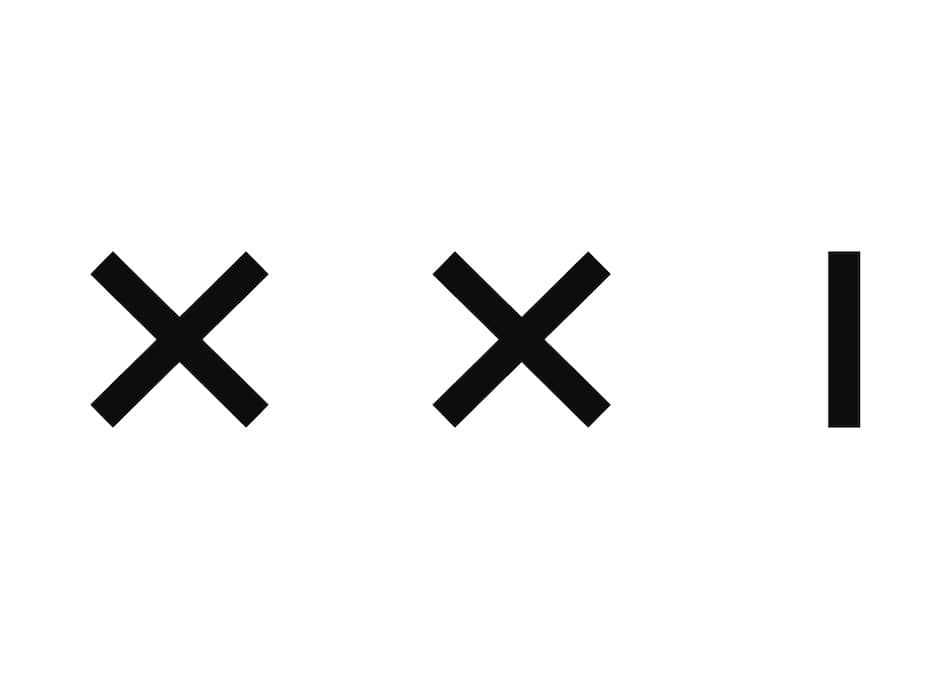
Key Takeaways
- California Assembly passed AB 1180 to allow Bitcoin for state fees.
- The five-year pilot begins July 2026 and converts Bitcoin payments to USD.
- The bill now moves to the Senate, with a final decision expected this summer.
California’s State Assembly has unanimously passed AB 1180, a bill allowing Bitcoin to be used for paying certain state regulatory fees.
The vote on June 3 passed 78–0, with two members not voting.
The measure now heads to the Senate Rules Committee for review.
Pilot program details
If enacted, California will join Colorado, Utah, and Louisiana in accepting Bitcoin for government services.
The pilot program, set to begin July 1, 2026, and end January 1, 2031, would allow businesses regulated under California’s Digital Financial Assets Law to pay licensing and examination fees in digital assets.
Legislative support & innovation
Assemblymember Avelino Valencia (D-Anaheim), who authored the bill, said:
AB 1180 puts California at the forefront of digital-asset innovation. It will serve as a blueprint for statewide integration.
Risk management & oversight
To avoid volatility risks, California’s system would convert Bitcoin payments into U.S. dollars immediately.
The Department of Financial Protection and Innovation (DFPI) would oversee implementation and provide an interim evaluation report by January 2028.
Impact on blockchain firms
The legislation could ease compliance costs for blockchain firms like Ripple, Solana Labs, and Kraken, all based in California.
It may also attract payment processors such as BitPay, Coinbase Commerce, and PayPal, though the state has yet to select a provider.
Anticipated amendments
Some legislators anticipate the Senate may propose amendments to address consumer protection, transaction fees, and fraud risks.
Broader legislative efforts
AB 1180 is part of a broader legislative effort, including AB 1052—the “Bitcoin Rights” bill—which seeks to codify protections for self-custody and peer-to-peer Bitcoin use in state law.




